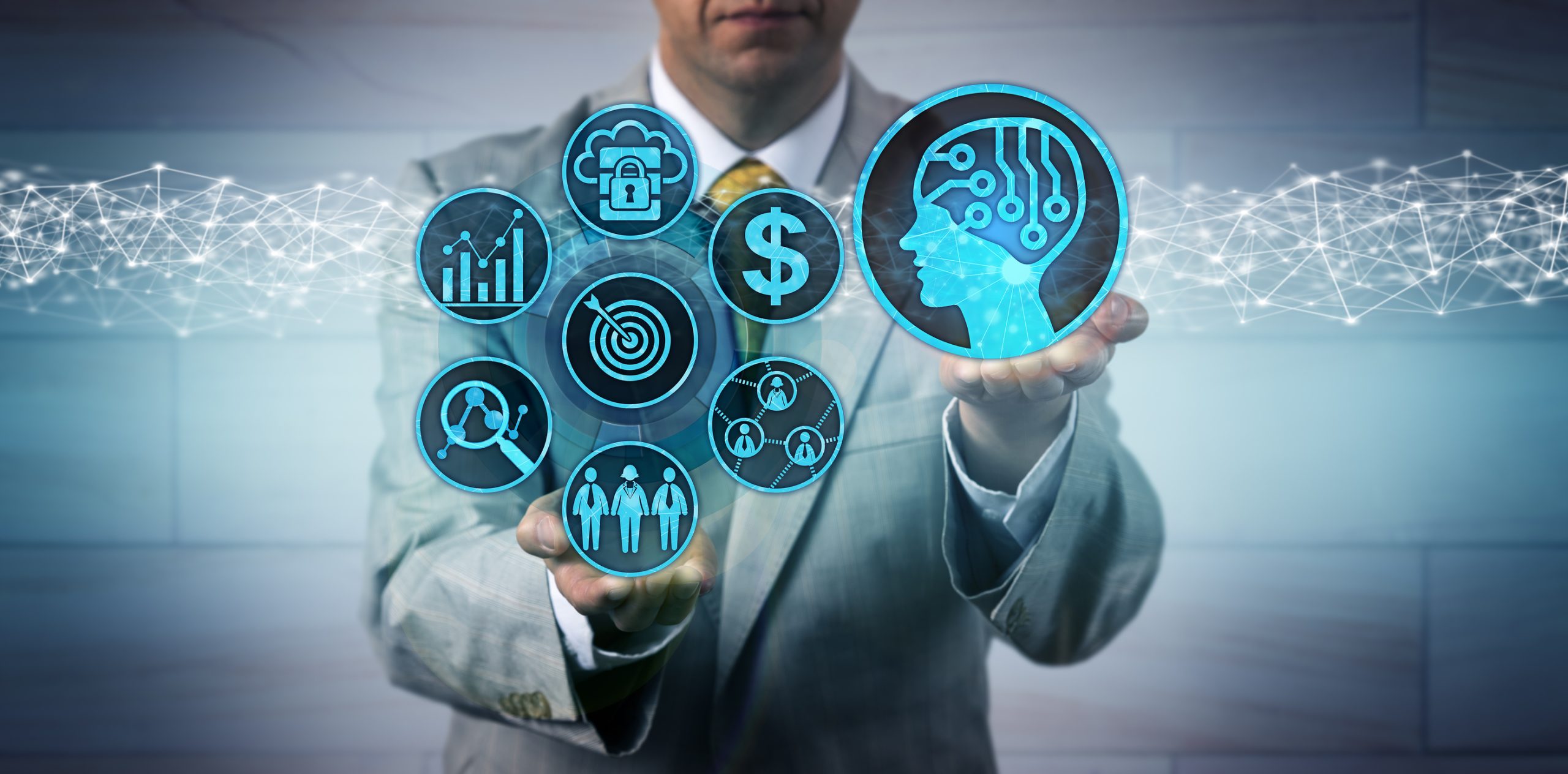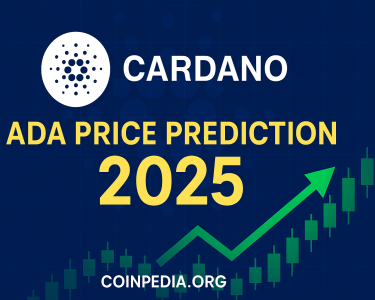In the rapidly evolving digital landscape, Artificial Intelligence (AI) has become a cornerstone of innovative marketing strategies, particularly in the realm of social media campaigns. As platforms burgeon and the volume of data increases exponentially, AI technologies are pivotal in harnessing insights and enhancing engagement with diverse audiences. This article delves into the multifaceted role of AI in social media campaigns, emphasizing its impact on personalization, content creation, predictive analytics, customer engagement, and campaign optimization.
Personalization at Scale
One of the most significant advantages of AI in social media is its ability to personalize at a granular level. Traditional marketing approaches often paint target audiences with a broad brush, leading to less relevance and engagement. AI transforms this landscape by analyzing vast datasets to tailor content, advertisements, and interactions to the individual preferences and behaviors of users.
Machine learning algorithms can sift through data from social media interactions, past purchases, and browsing habits to craft highly personalized messages that resonate with each user. For instance, AI-powered tools like chatbots can initiate personalized conversations with users, providing recommendations and support directly relevant to each user’s unique needs and history. This level of personalization not only enhances user experience but also significantly boosts conversion rates and brand loyalty.
Enhanced Content Creation
AI’s role in content creation is revolutionizing how brands develop and distribute their social media content. AI tools such as natural language generation (NLG) and design software can automate the creation of written content and visual media, respectively. These technologies enable marketers to produce high-quality, engaging content more efficiently, freeing up creative teams to focus on strategy and innovation.
Moreover, AI-driven content is not just about automation but also about optimization. AI systems can analyze which types of content perform best at which times and on which platforms, thereby informing content strategies that align closely with user engagement patterns and preferences. This data-driven approach ensures that every piece of content has the highest potential impact, maximizing return on investment.

Predictive Analytics and Insights
Predictive analytics stand at the core of AI’s transformative impact on social media campaigns. By leveraging AI algorithms, marketers can predict future trends, consumer behaviors, and campaign outcomes with a higher degree of accuracy. These insights allow for proactive adjustments to strategies, ensuring that campaigns are aligned with anticipated changes in the market or consumer sentiment.
AI tools process current and historical data to forecast outcomes such as user engagement rates and the potential viral spread of content. This capability not only helps in fine-tuning the content but also in optimizing the budget allocation across different platforms and campaign elements, ensuring that resources are invested where they are most likely to yield results.
Real-Time Customer Engagement
AI enhances customer engagement by enabling real-time interactions and responsiveness via social media platforms. AI-powered chatbots and virtual assistants can handle thousands of conversations simultaneously, providing immediate responses to customer inquiries. This level of interaction ensures that customer issues are addressed promptly, which enhances satisfaction and fosters a positive brand image.
Additionally, sentiment analysis tools can scan social media posts, comments, and reviews to gauge public sentiment towards a brand or product. This real-time feedback loop allows brands to quickly identify and address potential issues before they escalate, as well as to capitalize on positive sentiment to boost brand image and engagement.
Campaign Optimization
Finally, AI plays a crucial role in the continuous optimization of social media campaigns. Through machine learning algorithms, AI systems can test different versions of advertisements, analyze performance data, and iteratively refine the strategies employed. This process, known as A/B testing or split testing, is crucial in determining the most effective elements of a campaign, from headline options and image selections to the timing of posts.
AI-driven optimization extends beyond testing, offering insights into the best channels for distribution, the right times to post, and the optimal frequency of engagement. These insights ensure that campaigns are not only creative and engaging but also finely tuned to deliver the best results in terms of reach, engagement, and conversion.
Conclusion
The integration of AI into social media campaigns represents a paradigm shift in how brands interact with their audiences. From personalizing content and enhancing real-time engagement to optimizing campaigns and predicting future trends, AI offers a suite of tools that empower marketers to craft more effective, responsive, and engaging social media strategies. As AI technology continues to evolve, its role in social media marketing is set to become more critical, promising even greater efficiencies and opportunities for brands looking to thrive in the digital age.




